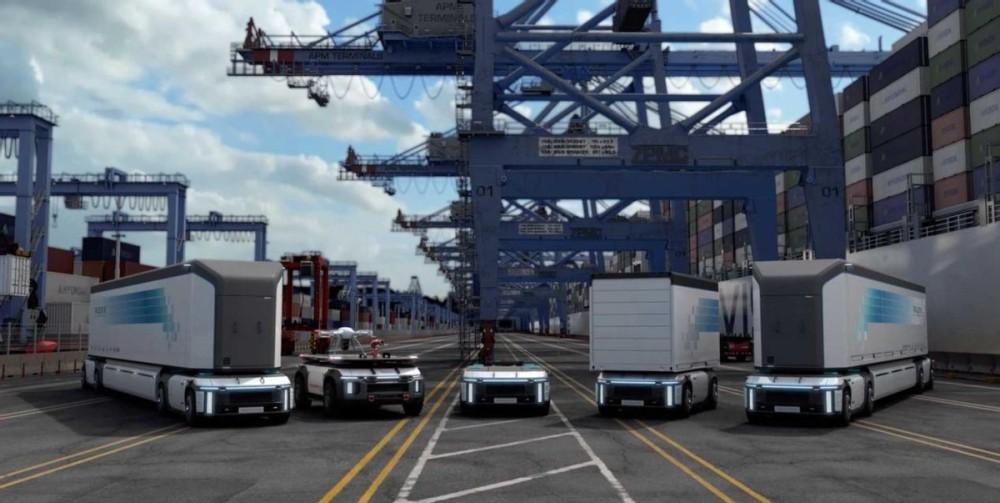Just a few days ago, the South Korean Economic Daily reported hyundai's unconfirmed decision to close its research and development center for internal combustion engines. Recently, plans for the development of third-generation fuel cell stacks have suddenly stopped.

If true, the decision was a surprise because the company's Hydrogen Vision 2040 was released months ago. It is believed that a recent internal audit revealed that the Korean brand was unable to meet its initial goals in terms of reducing production costs. The Genesis hydrogen vehicle has been in development for more than a year and is expected to be realized in 2025.
However, a Hyundai motor company spokesperson said that the previous report was wrong: "Claiming that its next-generation fuel cell development and Genesis fleet electrification plan are still in the process of being effectively advanced." ”
It is worth mentioning that the Chosun Ilbo said that Hyundai did not completely abandon the project, but the situation was not satisfactory. In addition to encountering technical problems, other obstacles include a lack of marketability and underdeveloped charging infrastructure. The South Korea Daily reported that the decision was made after an internal revision of the project last month. The fuel cell division has been restructured, and the R&D team is now reducing the number of personnel "significantly reduced".
The FK Concept, launched in September, is the first product of Hyundai Motor Group's hydrogen models. Judging by appearance, the sports car may be a two-door model based on the Kia Stinger, touted as having an acceleration of less than 4 seconds from 0 to 100 km/h with more than 671 horsepower (500 kW).
The rear-wheel drive FK has a mid-mounted hydrogen fuel cell and enough power to have a range of more than 373 miles (600 km). Interestingly, the FK is labeled a plug-in hybrid equipped with a fuel cell energy converter. In other words, the hydrogen stack is conceived as a sizable battery charge installed inside the axle, rather than directly pushing the car forward.